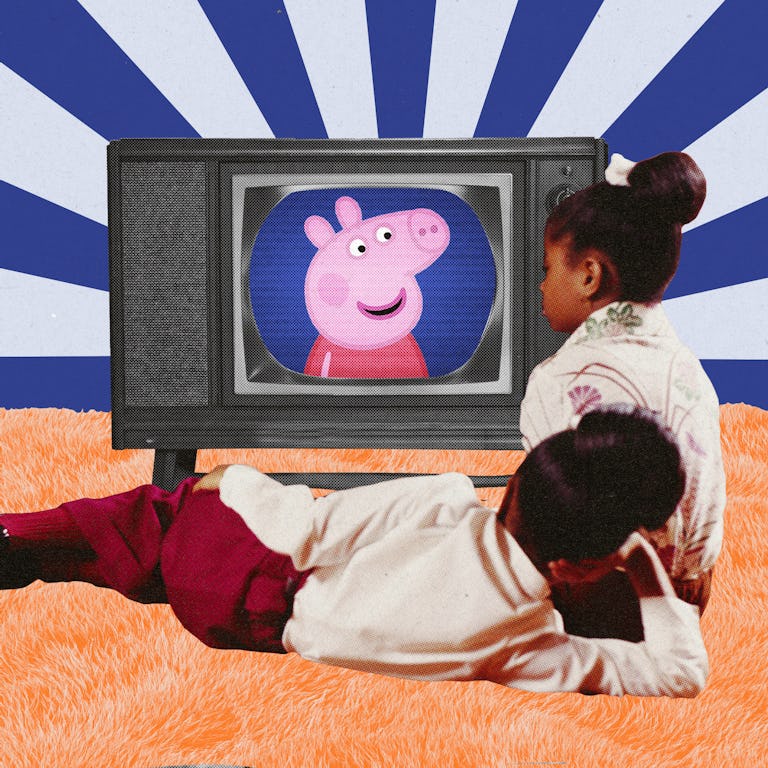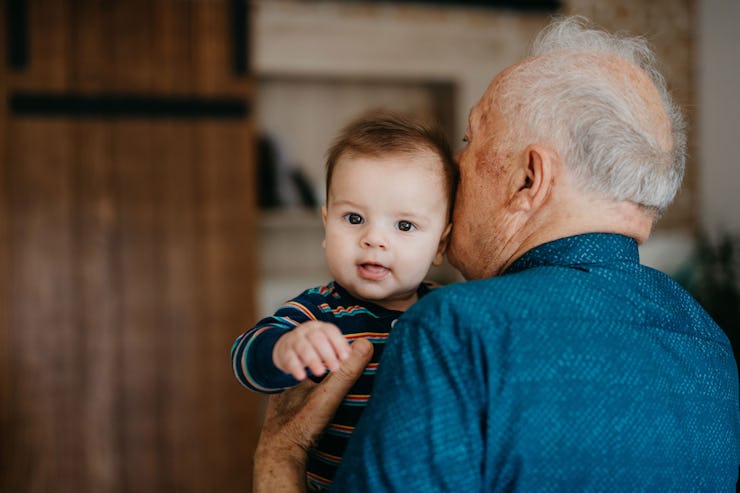Walton County and local environmental groups are getting $250,000 for an oyster revitalization project in Choctawhatchee Bay thanks to a last-minute funding earmark the Senate made Wednesday.
Republican Eucheeanna Rep. Brad Drake sought double that amount during Session, but with time running out and the state budget for the next fiscal year close to finalization, it's likely he won't turn his nose up at the apportionment.
Choctawhatchee Bay, a 30-mile inlet of the Gulf of Mexico stretching between the panhandle counties Walton and Okaloosa, has undergone numerous oyster rejuvenation efforts dating back to a 1933 project by the U.S. Bureau of Fisheries.
One recent such project began in 2007, according to the Walton Sun, which reported in 2019 declining conditions in the bay that a healthy oyster population would be key to reversing.
A local group, the Choctawhatchee Basin Alliance has been at work for years trying to bring back the bay's oyster population using donations and grants, including a $100,000 set-aside in 2019 from Impact100 of Northwest Florida.
The new state funding will go to the group, the Choctawhatchee Bay Estuary Program and Walton County "to start an oyster gardening program and to construct sub-tidal oyster reefs," according to a funding request Drake filed in November.
"Oysters are both ecologically and economically important along the Gulf Coast of Florida and the United States," Drake's request said. "Creating oyster habitat will provide opportunity of the oyster population to increase in the Choctawhatchee Bay as well as provide habitat for other sport fish including Red Drum and Spotted Sea trout."
Oyster revitalization is a work-intensive process and includes, among other things, transporting oyster shells from local restaurants back to the water and turning them into a reef that provides hard substrate for juvenile oysters known as "spat" to attach and mature.
Over time, the grouping of mature oysters can develop into dense habitats, which can help filter water and improve the bay's water quality.
Both the House and Senate get millions in tax revenue to play with near the end of budget negotiations. That money is spread across different projects in what's known in legislative parlance as the "sprinkle list."
The House and Senate released their "sprinkle lists" Wednesday evening. Leaders agreed on $759 million for local projects.
The release of the list is a sign budget negotiations are wrapped and the Legislature will hit its new planned end date of Monday, March 14.















